Kenya
The Kenyan government has extended the closure of the world’s largest refugee camp by another six months after pressure from human rights organizations and a plea from the UN High Commissioner for Refugees (UNHCR).
The Dadaab refugee camp hosts about 300,000 Somali refugees who fled the civil war and other conflicts in their country since 1991. The Kenyan government announced in May this year that it will close the camp by the end of November citing the need to maintain national security.
“I wish to announce that the government has accepted the request to postpone by six months the deadline for the repatriation of Somali refugees and the closure of the Dadaab camp,” Kenyan Interior Minister Joseph Nkaissery said on Wednesday.
“The repatriation will continue in a humane, dignified and safe way,” the minister added in response to accusations that Kenya is using force to return refugees to a country suffering from recurring insecurity.
To justify its decision, Kenyan officials maintained that the camp was used by Somali jihadists to plan attacks on the Westgate shopping center in Nairobi in 2013 and the Garissa University in 2015.
“Extending the deadline for Dadaab closure by six months is better than deporting the refugees in two weeks, but with this new date of May 31 hovering over them, refugees will continue to feel that they must leave,” researcher in charge of refugees for Human Rights Watch (HRW), Gerry Simpson said.
“Kenya should end its threats to close down Dadaab, and UNHCR and donors should urge Kenya to publicly reassure Somali refugees by telling them that they are welcome in Kenya so that they can go home safely,” he added.
Meanwhile, Amnesty International on Tuesday accused the Kenyan government of putting pressure on the refugees to return home.
Some of the refugees say they are ready to return despite fears of insecurity and lack of access to healthcare and education for their children which they get in Dadaab.
Amnesty says Somalia, which is currently home to about 1.1 million displaced people, does not have the resources to handle a sudden influx of more than 200,000 people.





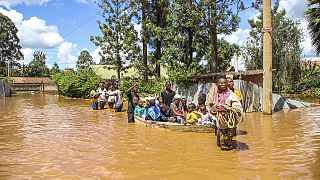
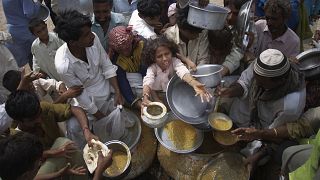
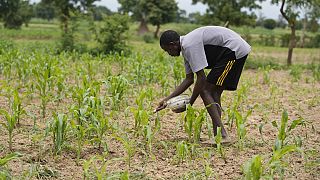
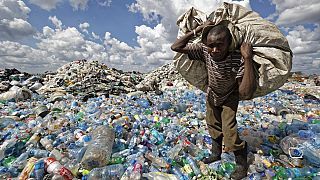
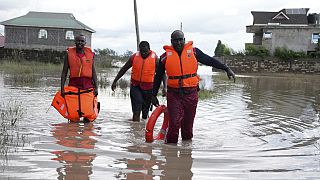

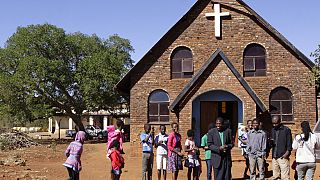
01:02
Pics of the day: April 23, 2024
Go to video
Police evict migrants from a makeshift tent camp in Paris
Go to video
Can Kenya's new visa-free policy hurt tourism instead of boosting it?
00:49
London Marathon: Women's-only world record, Kenyan double victory
01:49
Kenya: Climate activists march against fossil fuel industry
00:57
London Marathon to honour late Kenyan athlete Kelvin Kiptum